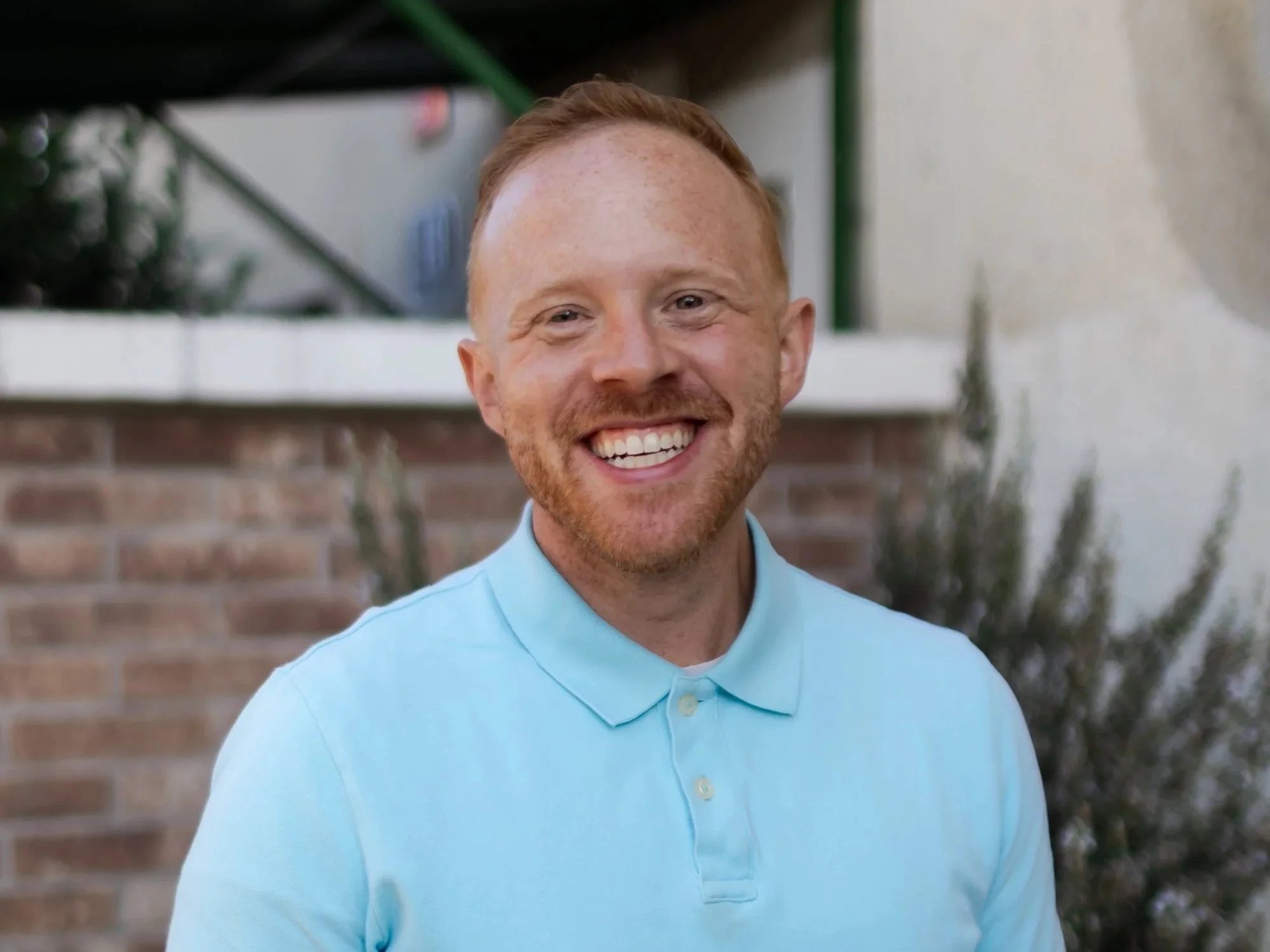Poverty: Who's To Blame?
“I believe it’s mostly lack of effort on their part. Because, I mean, it’s very seldom that people put forth great effort only to receive no type of opportunities.” (Julisa of South Carolina)
I recently came across a Washington Post article (you can read it here) that deals with the question of what causes poverty and how much control an impoverished individual has over their life circumstances. The article is based on a survey of over 1,600 people who were all asked the same question:
“Which is generally more often to blame if a person is poor: lack of effort on their own part, or difficult circumstances beyond their control?”
And, while there are many conclusions one can draw from the survey, there is one important result that the researchers found: "Christians, especially white evangelical Christians, are much more likely than non-Christians to view poverty as the result of individual failings."
The fact that one of the greatest predictors of this perspective on poverty is a correlating Christian worldview is - while not perhaps that shocking - very saddening.
Psychologically, this perspective makes sense. We are programmed to attribute one of our personal negative actions/status to external circumstances, while conversely attributing the negative actions and statuses of others to character flaws and internal issues. Said a different way, our default setting is to believe the best in ourselves and see the worst in others.
One might be tempted to (looking at Scripture and society) draw the conclusion that: Sin causes bad things, so if you are faced with bad things it must be because of sin. This (overly-simplified) conclusion is then further complicated by the individualistic approach to life that Christianity has adopted in the last two centuries of human history. Combining this one-dimensional view of sin with a shallow, individualistic focus and we are left with a view of poverty and the human condition which is severely lacking. The resulting belief is that poverty is the cancerous fruit of an individual's sin.
Now yes, we are (in the present or future) held accountable for the choices we make. And very often we must face the consequences of our sin in this life.
But, I do find it sobering that this view is what immediately comes to mind when we think of poverty. Because poverty is also very much the product of a broken society and corrupt systems. Poverty is perpetuated by greedy businessmen, corrupt leaders, ethic-less multi-national companies, slave labor, broken systems, and biased policies.
“Poverty is not solely the result of individual decisions. Poverty is a cancer of humanity.”
As a cancer of humanity, poverty must be dealt with on a variety of levels. Poverty, like sin, is a personal and corporate problem. And this multi-faceted injustice must be dealt with in a multi-faceted way. (Which is a conversation for a different day and another post.)
Honestly, poverty is all of our faults. It is the result of a humanity that is deeply broken and tainted. And we must all work to remedy the injustices we help perpetuate in our world.
Poverty is not just the rotten fruit of personal sin. It is the unfortunate consequence of a much deeper and more pervasive sickness.
In light of this, here is what I believe about poverty:
- Poverty is the result of sin - both personal and corporate.
- Poverty cannot always be overcome by "working harder".
- Poverty can only be overcome by working together.
- Poverty does not always equal sin, nor does being rich always equal holiness.
- Financial stability is not an indicator of spiritual maturity. (Some of the most Christ-like disciples of Jesus I know are poor.)
“Financial stability is not an indicator of spiritual maturity.”
I believe that what we have come to believe about poverty as Christians in America is severely hollow and lacking in proper Biblical and cultural awareness. In order to develop a more Christ-like perspective on poverty, we must all spend more time in Scripture and with those who are currently faced with poverty. It is only through spending time in God's Words and with God's children that we will come to a more wholistic approach in this conversation.
Who's to blame for poverty?
You. And me.





